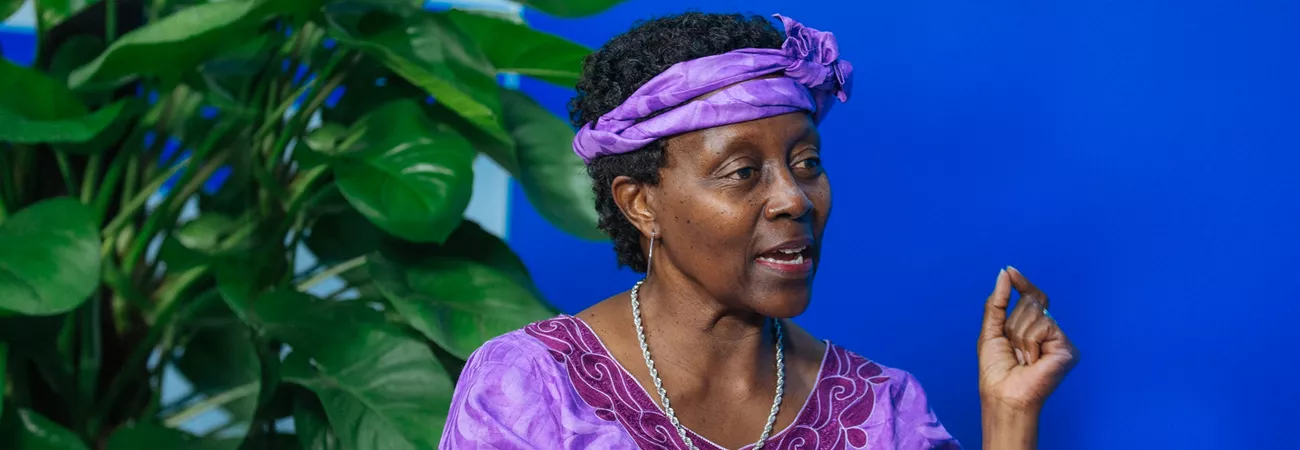i NEWS INTERNATIONAL
With high-stakes biodiversity talks kicking off in Montreal this week, a top UN official is urging bold action to avoid "irreversible" damage to the planet's precious ecosystems and species. Much of Earth's nature has already been damaged by humans, threatening our finite sources of food, water, medicine, and leaving over a million species at risk of extinction.
Nearly 200 countries will try to hammer out a new global framework to protect nature at the COP15 talks opening Wednesday in Montreal, including a cornerstone 30 by 30 proposal to protect 30 percent of Earth's land and oceans by 2030. Ahead of the talks, Elizabeth Mrema, the head of the UN's Convention on Biological Diversity (CBD), who called for the talks to be a "Paris moment" for nature, referring to the landmark 2015 agreement to limit global warming.
The interview has been edited and condensed for clarity. What do you want to achieve at COP15? "For the Paris agreement to succeed, biodiversity also has to succeed. For climate to succeed, nature has to succeed, and that's why we have to deal with them together. "We need to do something. We are already late. At least the scientists are telling us it's not too late, but we are about to reach the tipping points. "If action is not taken now, then we'll be at the tipping points and the situation will be irreversible."
How can we make sure this biodiversity deal doesn't fail like the last one did? "We've learned the lessons to ensure that the future will be different. "The first thing many countries did was to review, update or develop their national biodiversity strategies and action plans. "(Previously) biodiversity targets did not include a monitoring accountability mechanism to be able to measure progress. "This time, the framework will be adopted together with a mechanism, or a framework, on review, reporting, monitoring, accountability."
What are the most difficult targets yet to be negotiated? "One is the finance question. A number of countries wanted to be assured there will be adequate financial resources for implementation. "Some countries (are) even calling for the establishment of a biodiversity fund for that purpose... learning from the recent climate and other processes we can easily tell these might be rather difficult discussions.
Credit : Independent News Pakistan-INP









